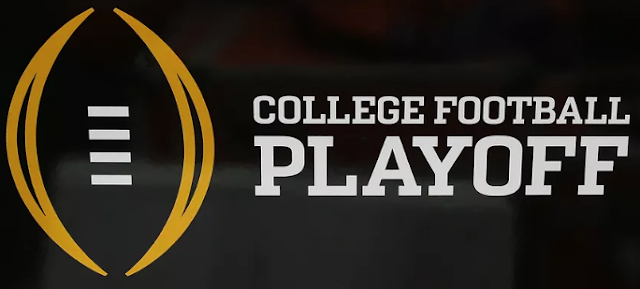The College Football Playoff’s annual revenue distribution, typically in the $500 million range, could drop by 10% to 15% this season, according to executive director Bill Hancock.
Accord to sportico.com, the final total, which won’t be finalized until March, will depend primarily on how many fans are allowed into college football’s most important bowls. While sponsorship revenue may dip slightly, ticket sales and hospitality will be the main areas impacted if the games are held as scheduled in January.
“It is premature to say for sure, but my best guess would be somewhere 10-15% less than it would have been with no pandemic,” Hancock said.
It’s been a messy college football season, with a number of major conferences nixing fall games before later reversing course. Postseason games start in less than a month and BYU is 8-0, while in-state rival Utah is 0-0. More than 81 games have been cancelled or postponed nationally.The playoff remains on schedule with the two semifinals—the Rose Bowl and the Sugar Bowl—set for the evening of Jan. 1, an extremely valuable TV window. The championship game is 10 days later in Miami.
The NCAA doesn’t control the postseason for top-tier college football. That’s handled instead by various bowls and the CFP, which distributes revenue through a series of payments.
The CFP’s revenue actually fluctuates quite a bit depending on the year, and this year was projected to be a bigger than last. That’s because the semifinals rotate each year between the six major postseason bowls—the Orange Bowl, Rose Bowl, Sugar Bowl, Cotton Bowl, Peach Bowl and Fiesta Bowl—and the CFP has a deeper business relationship with three of the six.
The College Football Playoff makes the bulk of its money from the 12-year, $7.3 billion deal it signed with ESPN in 2015. The partnership encompasses a lot more than just the TV rights; ESPN controls and sells many of the sponsorships to the highest-profile bowls, including the lucrative naming deals with brands like Chick-fil-A and Goodyear. Ticket revenue, which varies depending on the semifinal rotation, is typically between 5% and 10% of the overall CFP revenue.
Major sporting events have varied in their payouts during this pandemic-disrupted year. The NCAA, which expected to distribute around $600 million following this year’s men’s basketball tournament, cut that total to just $225 million after the 2020 event was cancelled. The prize pool for the Masters, which was held last week without fans, was the same $11.5 million as last year; the fan-free U.S. Open tennis tournament reduced its payouts by nearly $4 million.


No comments:
Post a Comment
Note: Only a member of this blog may post a comment.